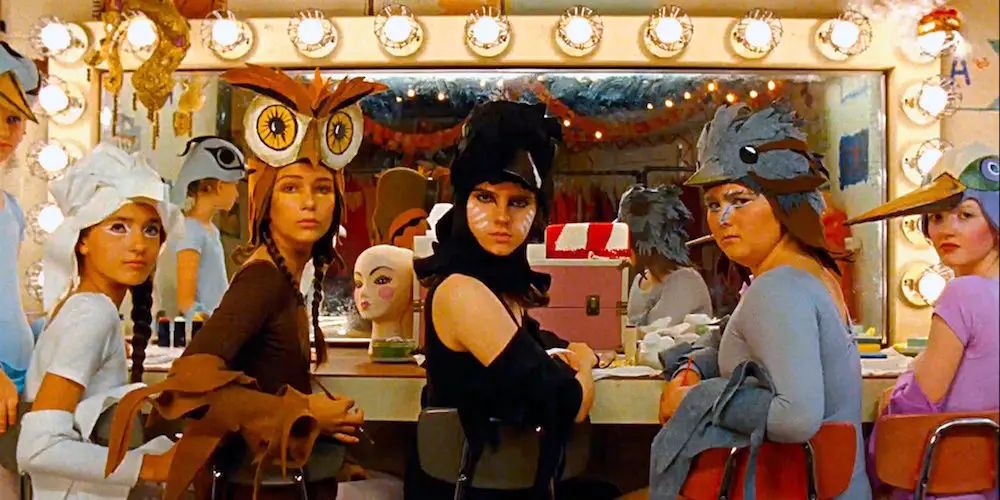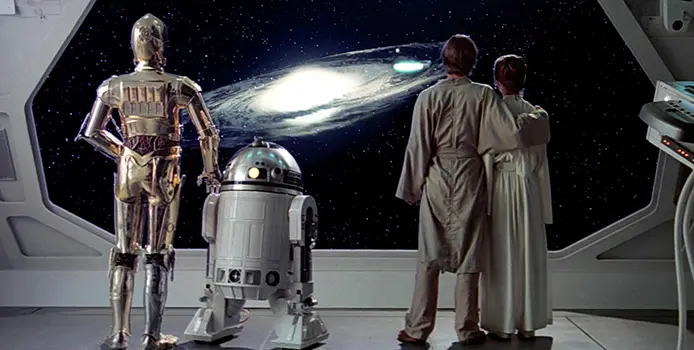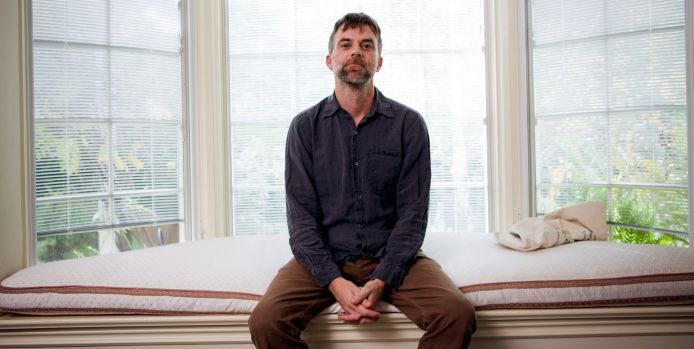style

It now appears to be a given that every few years, Woody Allen produces a film hailed by critics as a “return to form”. In keeping with relatively recent late period offerings such as Blue Jasmine, Midnight in Paris and Vicky Cristina Barcelona, Café Society has also been afforded that accolade. Is this lazy journalism or a concise way of communicating that he has again crafted a film that bears the hallmarks of this aging auteur’s better judgement?
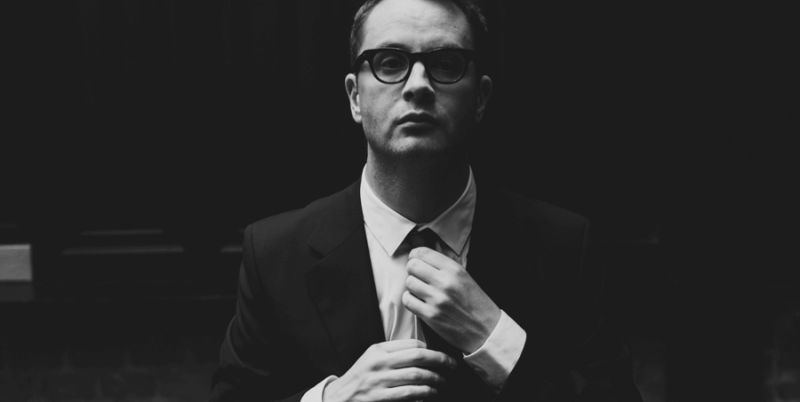
One of the most controversial directors currently working today, Nicolas Winding Refn is a provocative force to be reckoned with. He has an utterly distinctive voice that couldn’t ever be mistaken for anybody else. Each of his films is widely divisive, almost always opening to heated opinion from audiences.
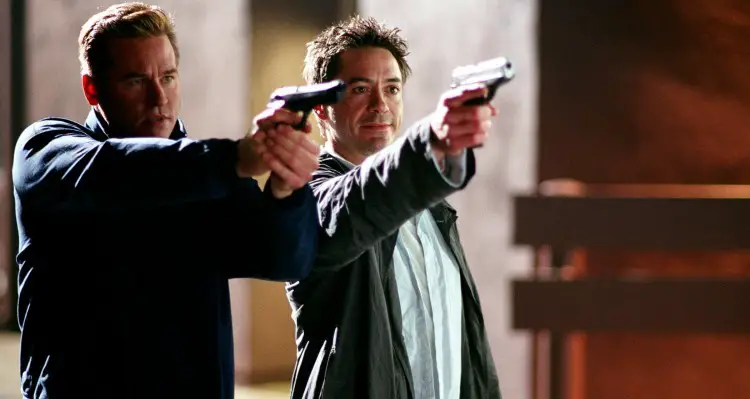
Film Noir stems back to the earlier days of Hollywood, starting with the Humphrey Bogart classic The Maltese Falcon in 1941. This film, the first from cinema great John Huston, established many of the trademarks we associate with the sub-genre today. The term Film Noir literally means “black film” and refers to how dark and shadowy the films tend to be.


